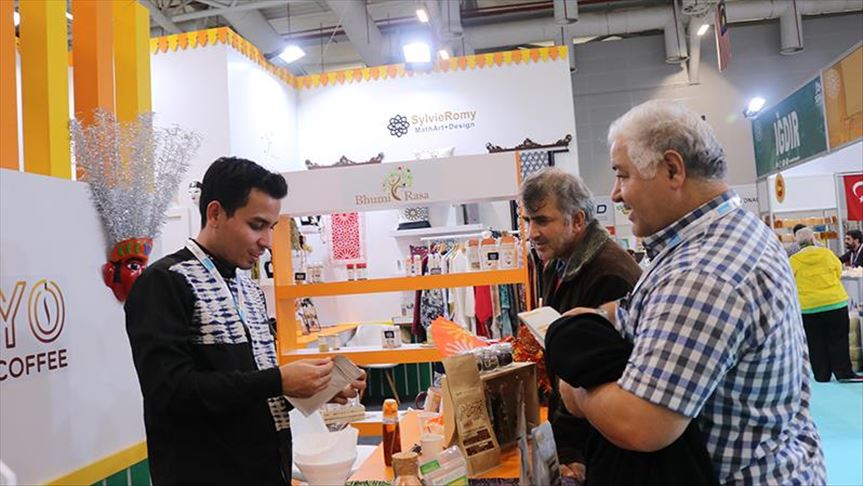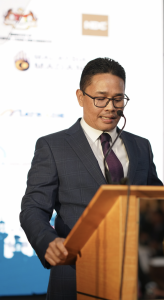Iqbal Musyaffa – Andolu Agency

JAKARTA, Indonesia
The Indonesian vice president said on Tuesday that his country’s halal industry has to expand its role in the global trade of halal products, in addition to meeting huge domestic needs.
Speaking in a virtual discussion, Ma’ruf Amin said Indonesia remains a consumer of global halal products as total spending on halal food and beverage products reached $214 billion or 10% share of the world’s halal products in 2018.
“We are the biggest consumer compared to other Muslim majority countries,” said Amin.
Indonesia should be able to utilize the potential of global halal market which in 2018 had reached $2.2 trillion and is projected to grow to $3 trillion in 2023, said Amin.
“We have to be able to utilize the potential of the world halal market by boosting exports, which are currently around 3.8% of the total market,” he added.
The government is working to boost the growth of Indonesian halal industry by easing access and cutting the cost of halal certification for micro and small businesses, Amin noted.
‘Food industry has yet to compete’
Several sectors of the Indonesian halal industry have been able to compete in the global market, Teten Masduki, the minister of cooperatives and SMEs (small- and medium-size enterprises), said, also speaking in the discussion.
The country’s halal tourism industry ranked fourth in the world, while the Muslim fashion industry the 3rd, and Islamic finance industry the 5th, Masduki added.
“However, for the halal food and beverage industry, Indonesia has not entered the top 10 globally according to the data from the State of the Global Islamic Economic Report 2019-2020,” he said.
Masduki said that Indonesian micro and small businesses had difficulty applying for halal certification due to limited access and high cost.
“Now, under the new Job Creation Law, halal certification for SMEs is free of charge,” he said.
The minister said the breakthrough was welcomed by micro and small businesses as 60% of SMEs are in the food and beverage sector.
Masduki said that based on the ministry’s records in 2014-2019, the sales of SMEs rose by 8.53% on average after obtaining a halal certificate.
“The government not only facilitates the processing of halal certification, but also assists with education of halal product management,” he added.
Gov’t guarantees availability of halal products
Meanwhile, Religious Affairs Minister Fachrul Razi said that under Law No. 33 of 2014, the country is obligated to ensure the availability of halal products and raising the added value for business operators in producing and selling halal goods.
Razi said the ministry, through the Halal Product Guarantee Agency, allocated a budget to facilitate 3,283 micro and small businesses in obtaining halal certification.
“This facility helps financing micro and small businesses in applying for halal certificates and the realization of government policy to make halal certification free of charge for them,” he said.
Razi said Indonesia has halal infrastructure capital for the development of halal industry, adding that the country is facing high public expectations on guaranteed halal products.
He said the experience of Indonesian Ulema Council for 30 years in issuing halal certification, which is now being continued by Halal Product Assurance Organizing Agency, is sufficient capital for the country to compete in the global halal market.
“Many people pay attention to halal products, both nationally and globally, so the opportunities for the halal industry are very promising and it could become a global boom in the future,” he added.
* Writing by Rhany Chairunissa Rufinaldo from Anadolu Agency’s Indonesian language services in Jakarta



